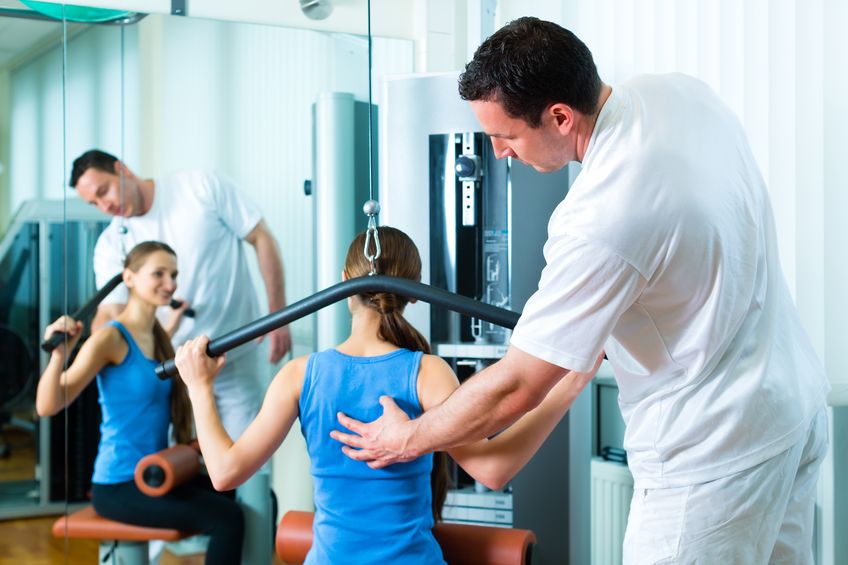PERIODIZATION IN PHYSICAL THERAPY

Tid Bits of Info
- The musculoskeletal system requires a minimum of 6-8 weeks to be conditioned.
- The cardiovascular system can be conditioned to a high level in 4-6 weeks.
- Physical therapy progression is based on the histology of different tissue types and their healing capabilities.
- Seek the advice of a physical therapist for your orthopaedic injuries and be progressed back to your pre-injury status.
Periodization is a systematic training regimen that develops in stages utilizing a range of modalities such as strength and conditioning to distance and sprint type racing. Each stage or period applies a specific volume and intensity of exercises for a given period of time. The coach or trainer develops each “period” with specific goals for athlete or client using scientific tools.
Periodization juggles frequency, volume, intensity, duration, and just about any other variable that might play a role in determining the outcome of a training session. The ability to weave together a great program takes the knowledge of anatomy and physiology to its highest level. Successful coaches/trainers apply their training and experience to create a program that will attain the results of a given “period”.
Out-patient physical therapy rehabilitation works like periodization training. Desired results are achieved using very similar methods. The “base” phase of periodization training is developed by focusing on the end goal of training sessions for all bodily systems. Physical Therapists begin the first phase by treating and addressing the “symptoms” of a given condition. This should enhance range of motion and neuromuscular activity while decreasing swelling and pain. The symptoms of the condition are what brought the patient to the center, but the later phases of rehabilitation will address the “problem” and correct it so that the symptoms do not re-occur.
The “build” phase of periodization is focused on increasing volume, duration and intensity. Intensive training sessions work to develop as many physiological changes to the body as possible. In physical therapy, the patient’s symptoms must be under control and not affecting performance before initiating the more strenuous build phase. This phase produces the results that will enable the patient to return to pre-injury lifestyle and activities. The patient will not be at peak performance, but the injury site has healed sufficiently and will not be at risk of re-injury.
The “peak” phase of periodization training decreases the volume, duration and intensity and focuses on helping prepare the athlete or client for “peak” performance at training or competition activities. The “peak” phase in physical therapy rehabilitation is the final phase prior the discharge from formal physical therapy treatments. Now the patient is trained through activities and drills directed toward specific work, sport or life activities. The goal is restore the patient’s ability to return to pre-injury status without deficits. This phase of rehabilitation is often times referred to as the “fun” phase because there is significantly less emphasis placed on the grueling exercises that were necessary in the previous phases and more time spent re-developing the skills that are needed to “play the game.”
Periodization has proven to be a successful training model that has been mimicked in the out-patient orthopaedic physical therapy setting. In therapy it enables the therapist to transition the patient from the basics to the most advanced stages of the rehabilitation process.

























